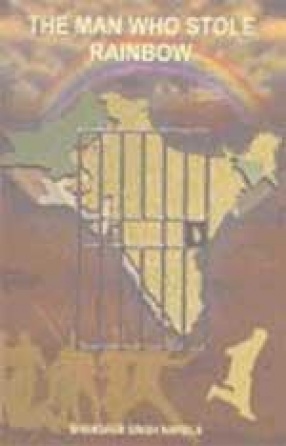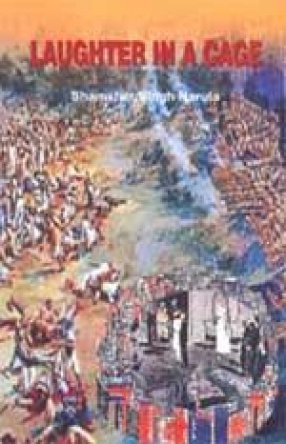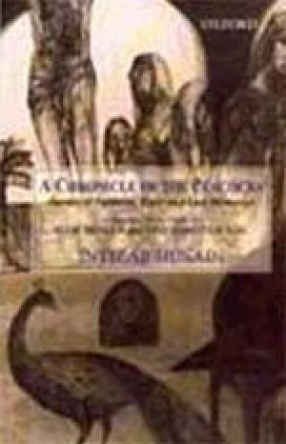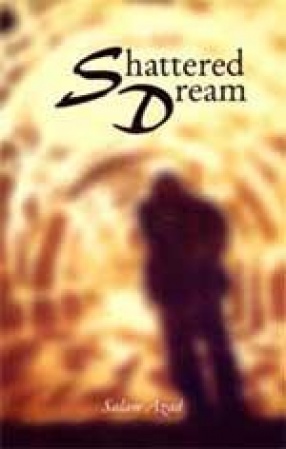This novel is about the success and failure of the first Prime Minister of India, Pandit Jawaharlal Nehru. It deals with the predicaments of the early years of Indian independence and concerns itself with the moral and political problems of the era. It sheds light on many dark corners of India’s recent past. Recounting the pogrom of Muslims in Delhi in September 1947, the novel shows that Indian communalism was not the result of British policy of divide and rule. It was more the creation of Indian leaders whose bigotry and egos rent asunder the two religious identities into Hindu-Muslim schismatic division. The novel reveals how public opinion is manipulated and image and renown are manufactured. This novel’s deep concern for the people of India and its depiction of their fractured destiny, imparts it an uncommon gravity. As moral, social and political issues are developed to entwine the rich pattern of the story, satire, irony, subtle humour, parody and parables are used to give a sharp edge to the moral tone of the novel. At a time when literature itself is fast becoming irrelevant in India, this novel affirms the relevance of fiction as a forum of inquiry and as an arena of ideas.
The Man Who Stole Rainbow
In stock
Free & Quick Delivery Worldwide
Bibliographic information
Title
The Man Who Stole Rainbow
Author
Edition
1st ed.
Publisher
ISBN
8186425160
Length
222p.
Subjects






There are no reviews yet.